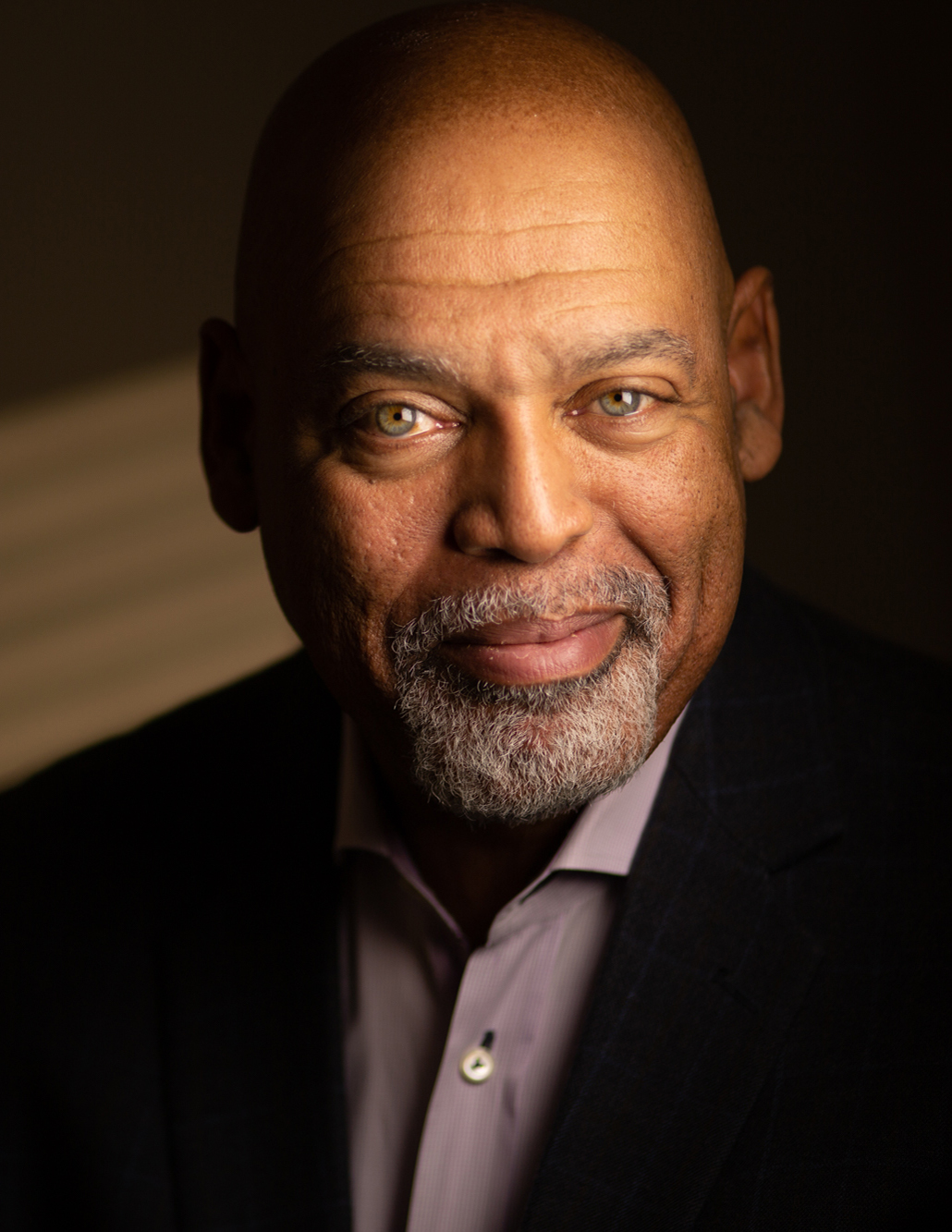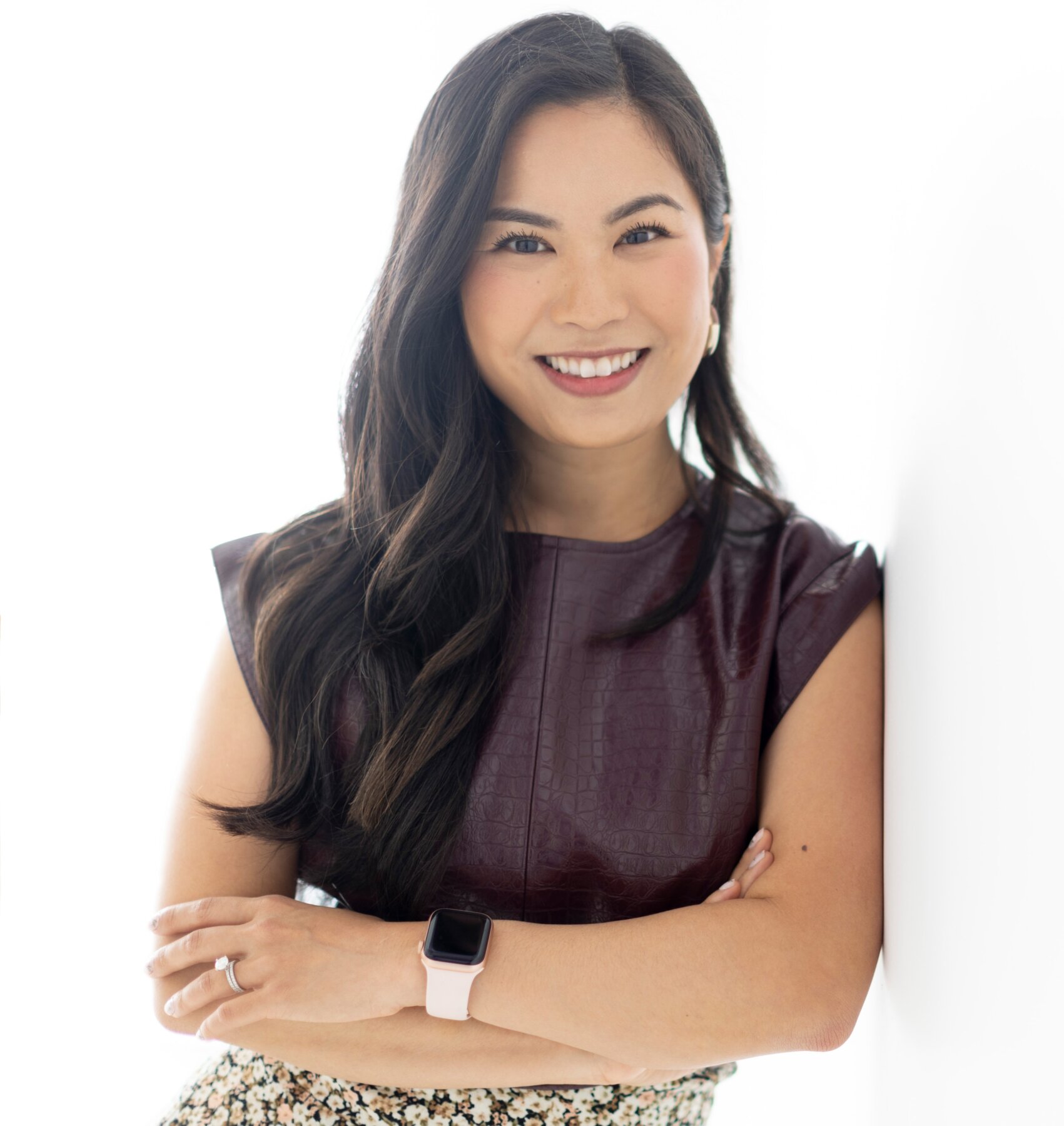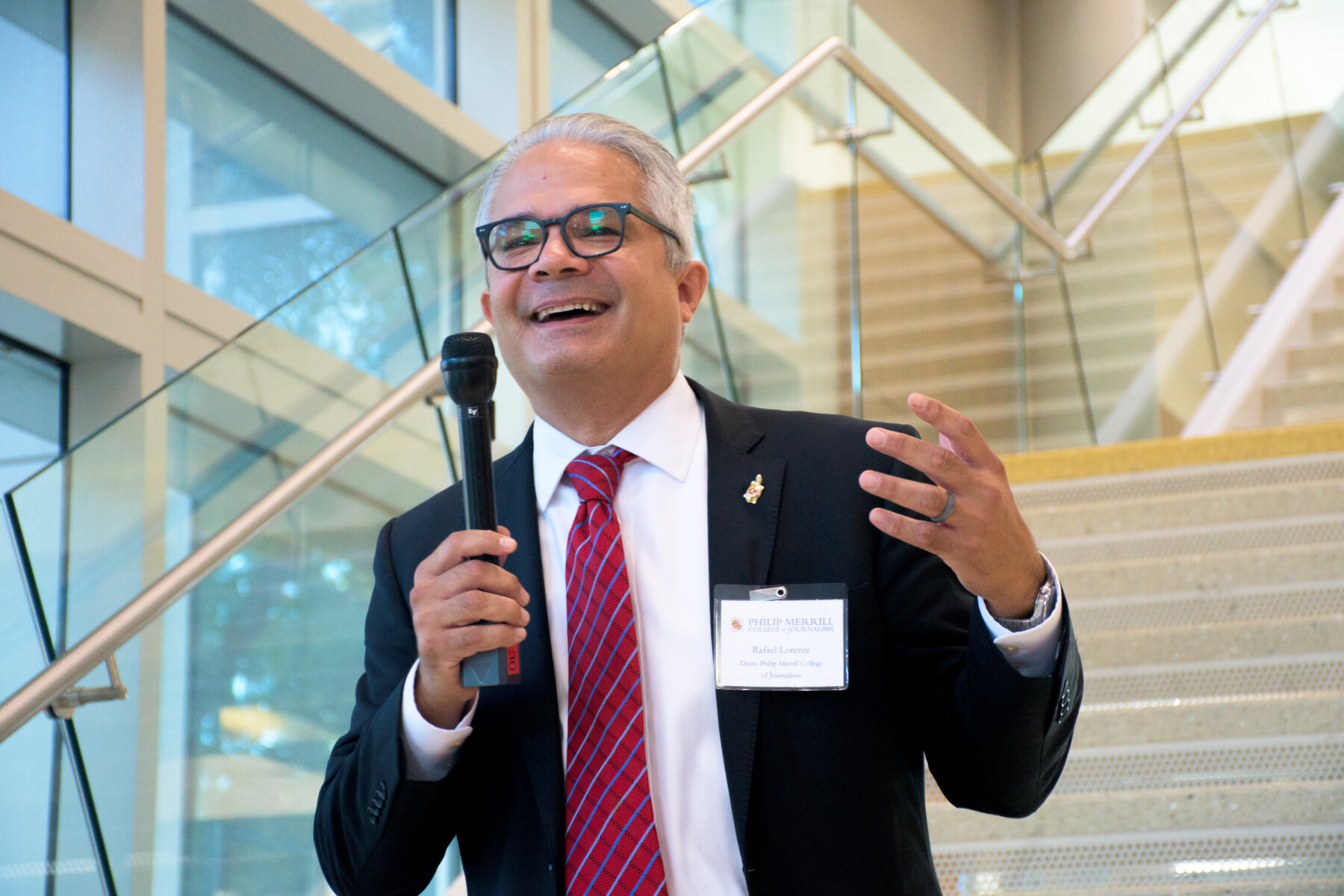
At a recent get-together with friends, I mentioned to an acquaintance that I teach journalism at the University of Southern California.
“Maybe you should talk your students out of pursuing that career,” they said.
I winced. Even with all the turmoil in the industry — 500 journalists were laid off in January alone, according to Politico — I still believe journalism education remains more vital than ever. And I’m not the only educator or journalist who feels that way.
“It’s harder to imagine a time when journalism and journalism education was more relevant and more important than it is right now,” said Hub Brown, dean of the University of Florida’s College of Journalism and Communications. “There are a whole lot of things that are masquerading as information that’s misinformation and is steering our society in the wrong way. People need good, reliable, trustworthy information from journalists.”
Not all media jobs are disappearing, either — journalists just need to identify which areas are growing. For instance, NBC News recruiters are seeing growth in digital video, social media and broadcast news production.
“We always have a need for people who are versatile in the digital space that can write and know how to work with video and engage with people on social media platforms,” said Scott Williams, director of talent acquisition for the NBCU News Group. “In 2024, we still have a very big need for broadcast news producers, and audio podcasting skills are certainly something we value, too.”
I spoke to journalism school deans, professors and other journalists who all believe journalism education still matters. Here is their advice for student journalists navigating a turbulent time in the industry.
Take classes that reflect a changing industry
Journalism is constantly evolving, which means college journalism programs recognize the need to change along with it. At the University of Florida, Brown said faculty and researchers have been experimenting with new teaching methods based on the university’s Consortium for Trusted Media and Technology, where scholars are researching growing trust in journalism.

“Journalists and journalism instructors don’t necessarily have all the answers when it comes to [trust],” Brown said. “If we think the way to get out of these problems is to have just more traditional journalism, we’ve lost already, because that’s not where the next generation is getting their information.”
Seven years ago, the University of Maryland’s Philip Merrill College of Journalism readied itself for more change. Dean Rafael Lorente said the school eliminated its previous broadcast, print and radio tracks to create one unified, multiplatform program, having students develop skills in many different areas.
The school uses its “special topics” courses to provide students with classes based on relevant and useful journalism issues. For example, in the fall, it offered instruction on solutions journalism, the 2024 presidential election and how to use a journalism degree in many fields.
Lorente regularly hosts “Coffee with the Dean” chats, where he hears his students’ concerns. “The students see the layoffs and they worry about burnout,” he said. “They ask, ‘Is journalism just broken?’ I think they have legitimate questions about how we do what we do, and I think we have to listen.”
Learn by doing
While many student journalists major in the subject, a journalism degree isn’t a requirement for the profession — and neither is working for the campus’ student media. Getting experience outside of the classroom — and off-campus — is just as important.
Internships are one crucial way to get that experience, educating students inside a real, working newsroom. “The key thing for people in newsrooms is to make sure that you set these interns up for success,” said Kathy Lu, owner of the journalism consulting firm Audiencibility. When she was an editor at The Kansas City Star, she “made sure that each intern had a mentor on the team that they could go to with daily questions and that they felt welcome.”

Some students seeking an alternative to student media have turned to Her Campus, an online lifestyle magazine for college women founded in 2009 during the recession, another rough time for media, by Stephanie Kaplan Lewis, Windsor Hanger Western and Annie Wang. It has since grown to several brands and initiatives, such as Spoon University, College Fashionista and Generation Hired.
Her Campus has chapters covering campus life at more than 350 colleges, along with national writers who report on stories appealing to college-aged women. Writers are not paid but are invited to monthly editorial skill workshops and guest speaker sessions, while the Her Campus editorial staff guides the students in writing trustworthy articles.
“As the industry has evolved, anyone can have a platform now. Anyone can create content,” Wang said. “It’s extra important to have a system by which we’re putting out verified information and accurate reporting. We’re building that into the curriculum and training student writers to create good quality content that’s going to be very much needed in this media environment.”
Gain transferable skills
Only about 15% of journalism majors go on to become reporters or correspondents early in their careers, according to a 2022 Georgetown University Center for Education and the Workforce study.
Still, journalism education offers a foundation in key skills — researching, writing, offering clarity and considering your audience, among others — needed in any career. Brown recalled having former journalism students who became attorneys, teachers, politicians, managers and public relations people.

Les Rose, a professor at Syracuse University’s journalism school and a veteran broadcast journalist, said reporters’ storytelling skills and curiosity can serve students well in whatever they do.
“Journalists are good to hire because you become skilled storytellers,” he said. “It’s your job to actually connect and make something that touches the heart while you’re still informing people.”
Within journalism, Williams said NBC News specifically looks for good writers and storytellers, because those skills can be versatile across the board. “Whether you’re a broadcast, social media or podcast producer, you’re still going to have to write the script, a post or an article,” he said. “We can teach somebody how to edit, but teaching somebody how to frame a story is a whole different challenge.”
Elevating those skills doesn’t necessarily stop in J-school, either. Institutions like Poynter and the University of Texas at Austin’s Knight Center courses help midcareer journalists polish their management skills.
“In your later career, you can be in a situation where you’re either training, mentoring or coaching somebody,” said Lu, a Poynter adjunct who leads the Lead with Influence program. “That takes good communication skills and understanding yourself a lot more, so you can understand how other people are.”
Relish your role in upholding democracy
Educators noted that journalism education is especially crucial in an election year. A Stanford University study published in Nature Human Behavior found that more than 26% of Americans visited untrustworthy sites during the 2020 election, and over 44% did so during the 2016 election.
Brown pointed out that J-schools have a key role in educating future journalists who will continue to uphold democracy.
“The way we see journalism in this country has always been to give people the information they need to be free and self-governing,” he said. “And if they don’t have the right information to be free and self-governing, they become less free and self-governing. That’s essential to a democracy.”
Lorente also sees journalism education as a way to discover what’s next for the industry.
“If the journalists are gone, the rest of the society is going to have problems,” Lorente said. “We’ve got to find a way to fix journalism. I don’t have the answer, but let’s keep trying until we figure it out. Schools can do that.”


